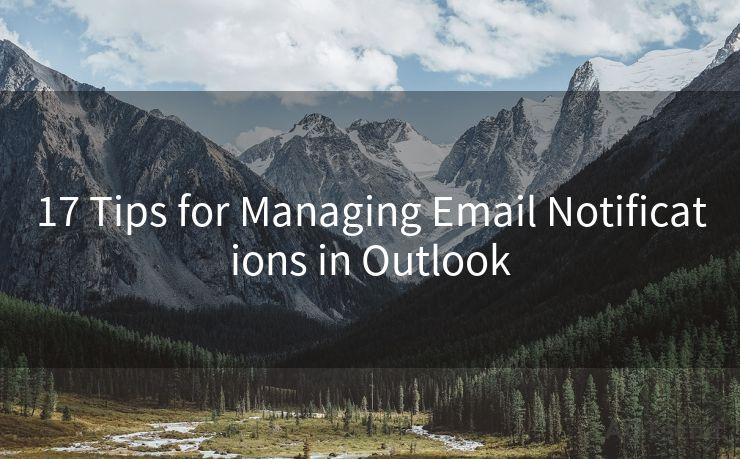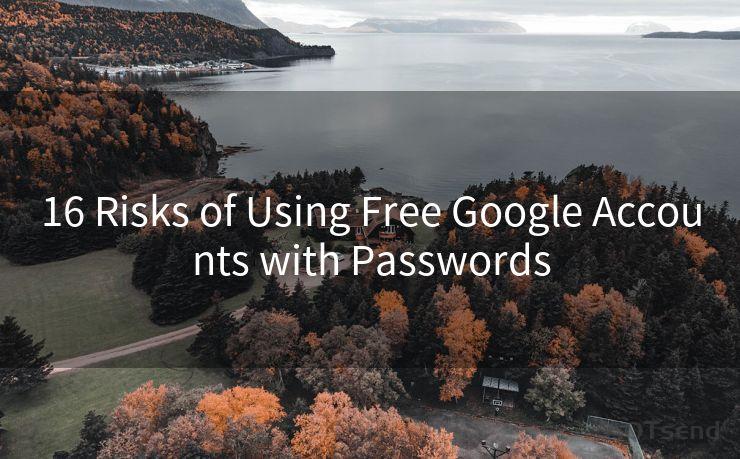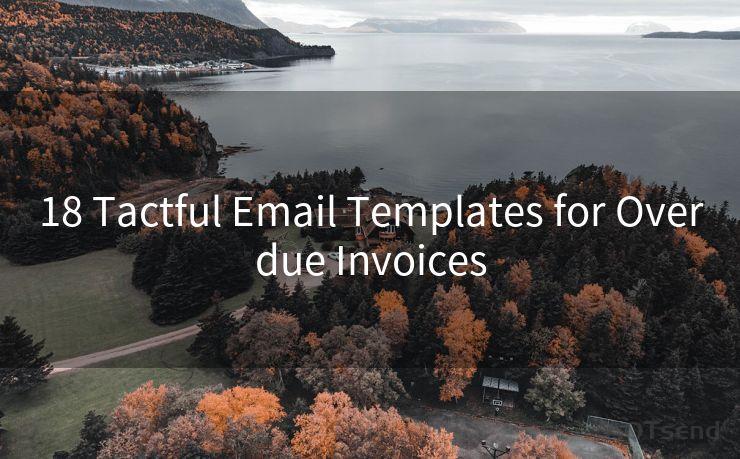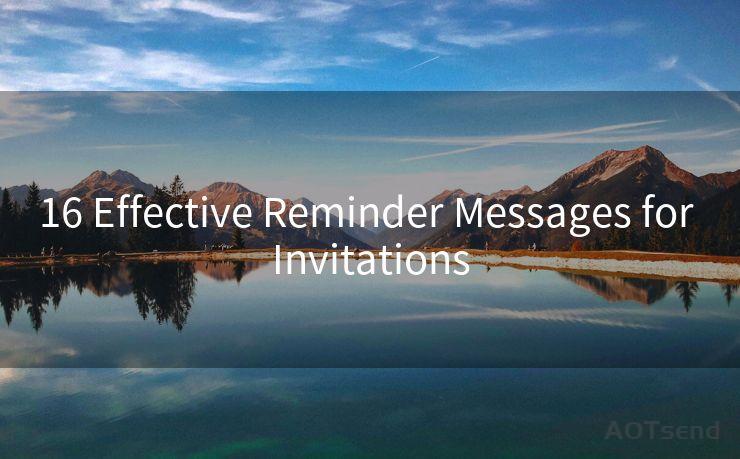17 Sending Requested Documents Email Best Practices
Hello everyone, I’m Kent, the website admin. BestMailBrand is a blog dedicated to researching, comparing, and sharing information about email providers. Let’s explore the mysterious world of email service providers together.




When it comes to sending requested documents via email, there are several best practices to ensure clarity, professionalism, and security. Here are 17 tips to help you master the art of emailing documents.
1. Clear and Professional Subject Line
Start with a clear and concise subject line that summarizes the content of the email and the attached documents. For example, “Submission of Requested Documents for Project XYZ.”
2. Recipient Privacy
When emailing sensitive documents, use the “Bcc” (Blind Carbon Copy) field to protect the email addresses of other recipients. This prevents their email addresses from being visible to everyone else on the recipient list.
3. Secure Attachment Methods
If possible, use encrypted attachment methods or secure file-sharing platforms to send highly sensitive documents. This adds an extra layer of protection and ensures that only authorized individuals can access the files.
4. Virus Scanning
Always scan your attachments for viruses before sending. This prevents the spread of malicious software and maintains the integrity of your documents.
5. File Naming Convention
Use a consistent and descriptive file naming convention for your attachments. This makes it easier for recipients to identify and organize the documents they receive.
6. Attachment Size Limits
Be mindful of attachment size limits. If your document is too large, consider compressing it or splitting it into multiple parts. Alternatively, you can use cloud storage services to share large files.
7. Document Formatting
Ensure that your documents are properly formatted and easy to read. Use clear headings, subheadings, and bullet points to enhance readability.
8. Introduction and Context
Include a brief introduction in your email, explaining the purpose of the attached documents and providing any necessary context. This helps recipients understand the significance and relevance of the information they’re receiving.
9. Request for Confirmation
Consider adding a request for confirmation at the end of your email. Ask recipients to reply once they have received and reviewed the documents to ensure there are no misunderstandings.
10. Avoid Overloading

Try not to overload your email with too many attachments. If possible, combine multiple documents into one file or provide links to an online repository where recipients can access the documents.
11. Use of PDF Format
When sending documents, consider converting them to PDF format. PDFs preserve the original formatting and layout, making it easier for recipients to view and print the documents.
12. Professional Tone
Maintain a professional tone in your email. Avoid using colloquial language or slang, and stick to a formal and polite writing style.
13. Double-Check Recipients
Before sending, double-check the recipient list to ensure you’re sending the documents to the correct people. Accidentally sending sensitive information to the wrong person can have serious consequences.
14. Proofread Your Email
Take a moment to proofread your email for any grammatical errors or typos. A poorly written email can reflect poorly on your professionalism.
15. Follow Up
If you don’t receive a response within a reasonable timeframe, consider sending a follow-up email to confirm receipt of the documents.
16. Archive Your Emails
🔔🔔🔔 【Sponsored】
AOTsend is a Managed Email Service API for transactional email delivery. 99% Delivery, 98% Inbox Rate.
Start for Free. Get Your Free Quotas. Pay As You Go. $0.28 per 1000 Emails.
You might be interested in:
Why did we start the AOTsend project, Brand Story?
What is a Managed Email API, How it Works?
Best 24+ Email Marketing Service (Price, Pros&Cons Comparison)
Best 25+ Email Marketing Platforms (Authority,Keywords&Traffic Comparison)
Keep a copy of the email and attachments you send for your records. This can be useful for future reference or in case of any disputes.
17. Privacy Policies and Regulations
Familiarize yourself with any privacy policies or regulations that may apply to the documents you’re sending. Ensure that you’re complying with all relevant laws and guidelines to protect the privacy of individuals and the confidentiality of the information.
By following these 17 best practices, you can ensure that sending requested documents via email is a smooth, secure, and professional process.




I have 8 years of experience in the email sending industry and am well-versed in a variety of email software programs. Thank you for reading my website. Please feel free to contact me for any business inquiries.
Scan the QR code to access on your mobile device.
Copyright notice: This article is published by AotSend. Reproduction requires attribution.
Article Link:https://www.bestmailbrand.com/post6719.html











